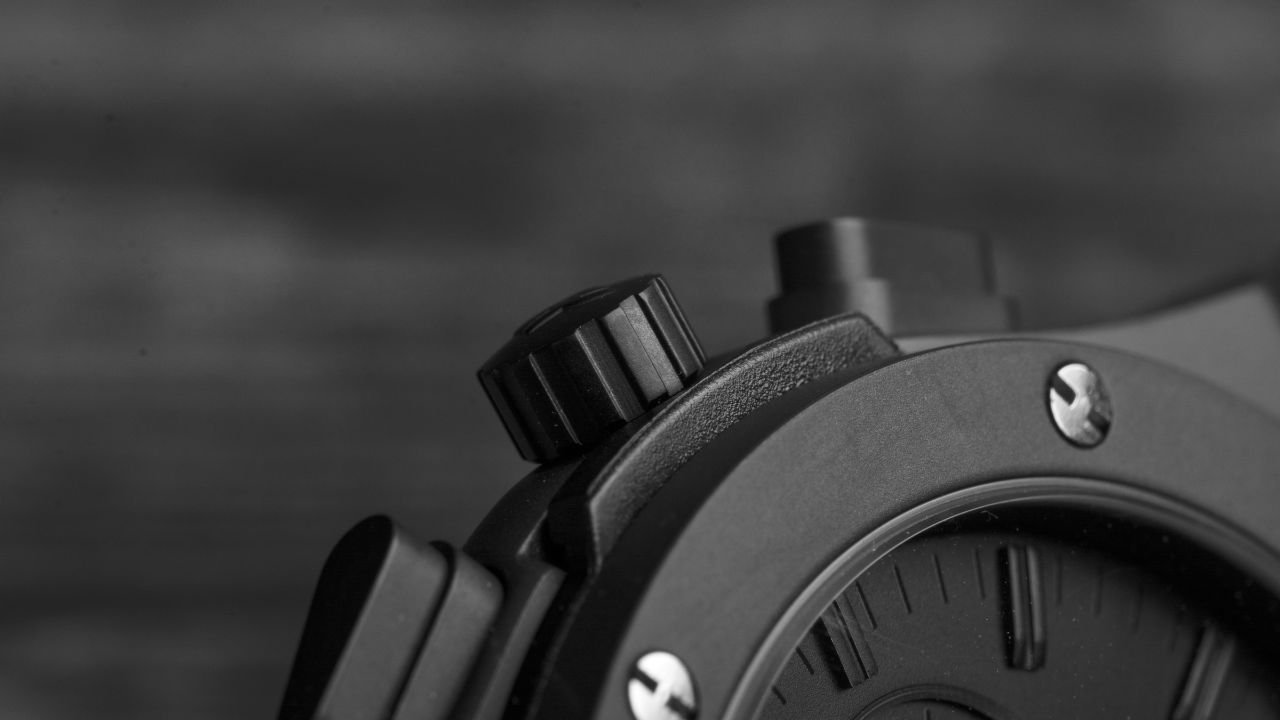When choosing your next timepiece, understanding the difference automatic and quartz watch movements is crucial. Whether you’re drawn to the seamless sweep of mechanical gears or the pinpoint accuracy of a battery-powered oscillator, this guide will help you decide which suits your lifestyle. Read on as we break down each technology, highlight real-world benefits, and show you why SKMEI’s latest models stand out among the competition.
How Automatic and Quartz Watches Work
Automatic Watches
- Mechanism: Powered by a rotor spinning with wrist motion.
- Power Reserve: Typically 38–48 hours.
- Maintenance: Requires periodic servicing every 3–5 years.
- Charm Factor: Lovers of craftsmanship prize the intricate gear train and rotor.
Quartz Watches
- Mechanism: Battery sends electric pulses to a quartz crystal, creating precise vibrations.
- Accuracy: ±10 seconds per month.
- Maintenance: Battery replacement every 1–2 years.
- Practicality: Favored for low upkeep and consistent timekeeping.
Key Pros & Cons
| Feature | Automatic Watch | Quartz Watch |
|---|---|---|
| Accuracy | ±5 to ±15 seconds/day | ±10 seconds/month |
| Maintenance | Servicing every 3–5 years | Battery swap every 1–2 years |
| Craftsmanship Appeal | Visible movement, collector’s value | Minimalist movement, slimmer profiles |
| Cost Range | $50–$500+ | $20–$200+ |
SKMEI vs. Other Brands Comparison
| Brand | Movement Type | Key Benefit | Price Range |
|---|---|---|---|
| SKMEI Model 9107 | Automatic | 40-hr reserve, exhibition caseback | $59 |
| Seiko 5 Series | Automatic | Diashock protection, robust design | $100–$150 |
| Casio G-Shock | Quartz | Shock resistant, multi-band radio | $60–$120 |
| Citizen Eco-Drive | Solar-powered quartz | No battery changes, eco-friendly | $120–$250 |
Why SKMEI Stands Out: SKMEI’s automatic line delivers a 40-hour power reserve and a transparent caseback at an unbeatable price, while the quartz models leverage high-efficiency movements for long-term reliability.
Choosing the Right Type for You
- Style & Tradition: If you value horological heritage and the romance of gears, choose an automatic watch.
- Everyday Accuracy: For minimal fuss and pinpoint precision, quartz (or solar-powered quartz) is ideal.
- Budget Considerations: Entry-level automatics start around $50; quartz options can be under $20.
- Personal Routine: If you wear a watch daily, an automatic stays wound; if you rotate many pieces, quartz saves you resets.
Conclusion
By clearly outlining the difference automatic and quartz watch, we hope you feel empowered to pick the perfect timepiece. Whether you opt for the kinetic elegance of an automatic movement or the steadfast accuracy of quartz, SKMEI offers models that blend quality, affordability, and style, giving you the best of both worlds.






